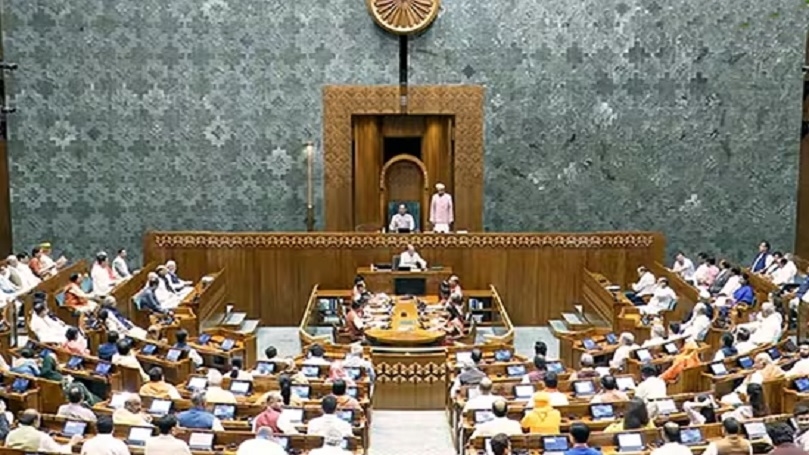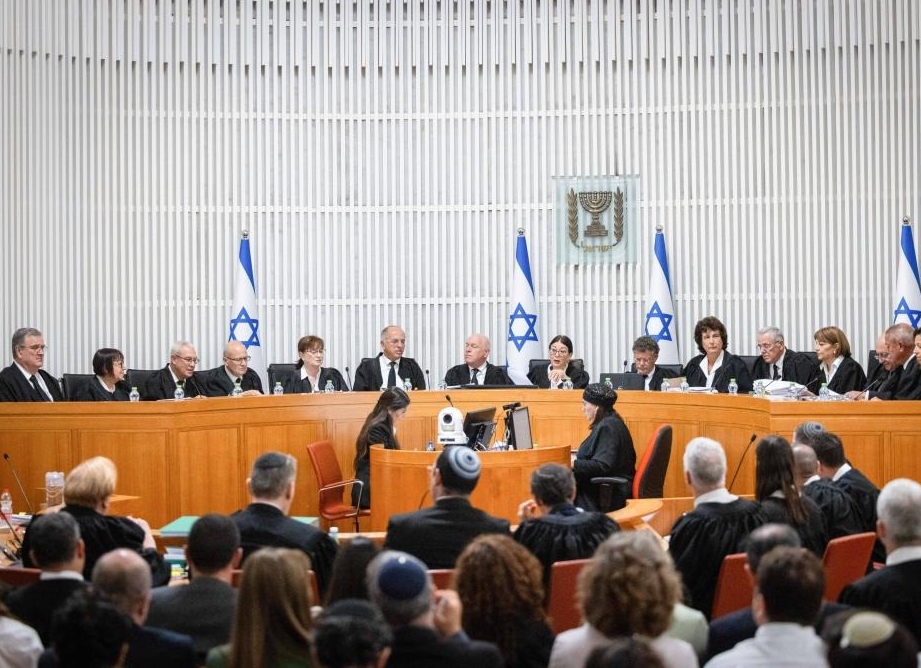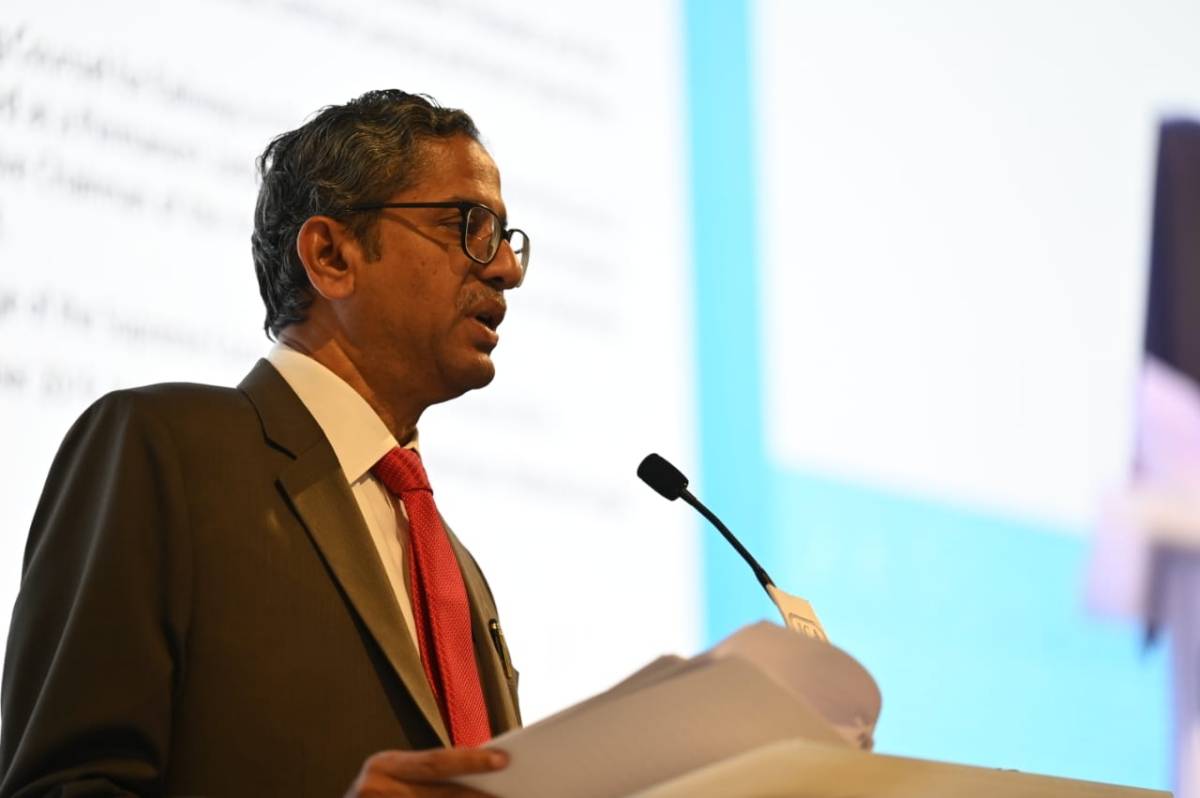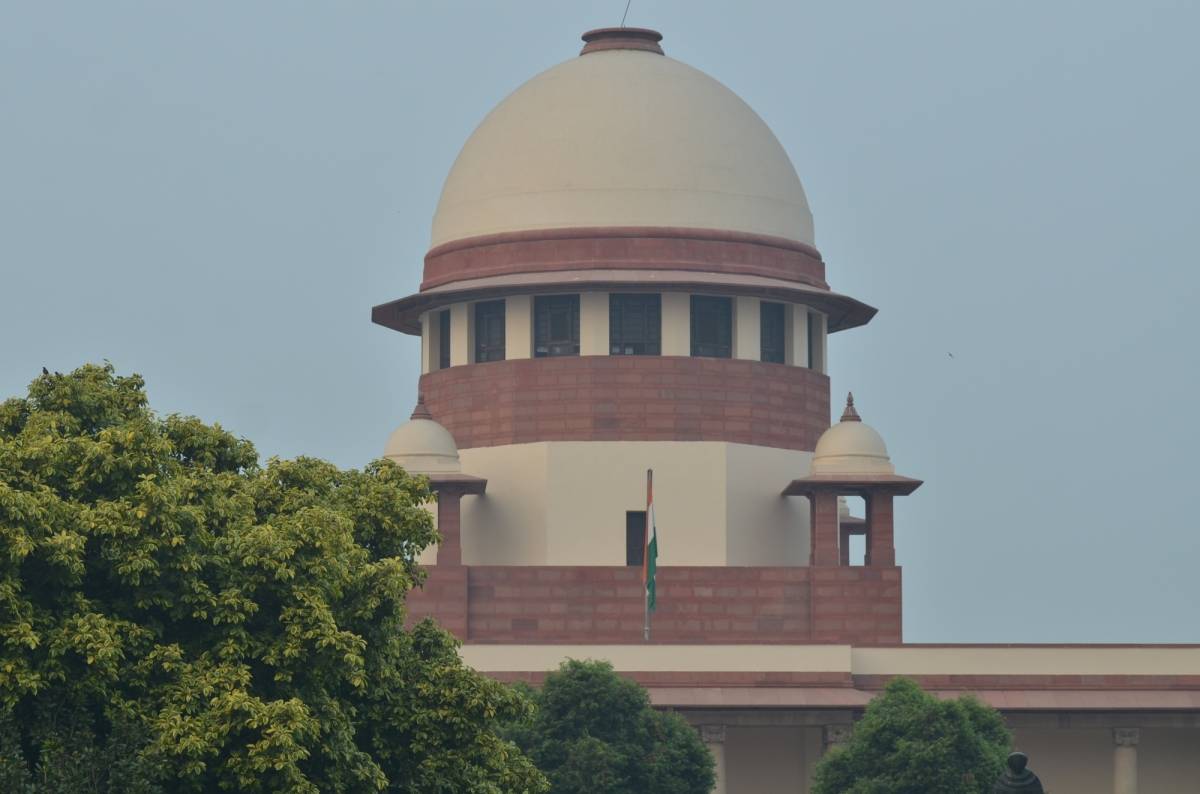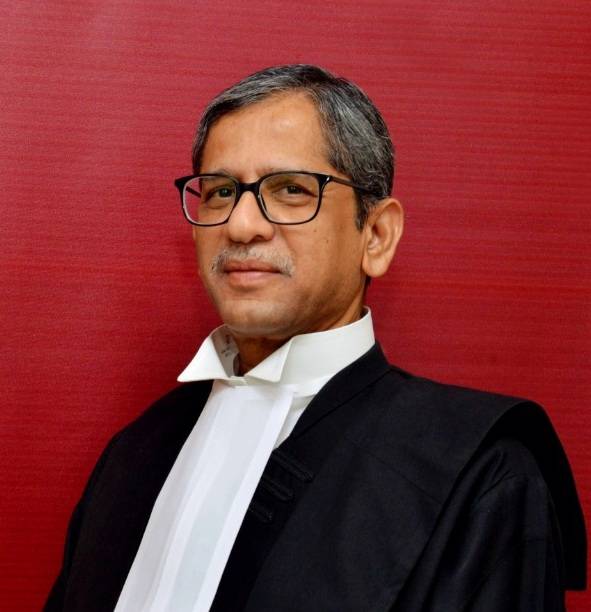Starmer said that even those participating in riotous activities online will not be spared…reports Asian Lite News
As far-right groups prepare for rioting, Prime Minister Keir Starmer said they would “feel the full force of the law” on Tuesday.
Following an emergency meeting, Starmer said that he expected “substantive sentencing” for those held so far for rioting before the end of the week.
In the week-long rioting by far-right mobs in the United Kingdom, more than 400 people have been arrested. The mobs mounted anti-immigrant riots after the murder of three girls last months in Southport town. This is the worst rioting in the United Kingdom in several years.
The Sun has reported that riots have taken place in at least 23 locations across England and Northern Ireland since Friday. The mobs have also attacked and injured police personnel with bricks, bottles, and firebombs.
The situation may further escalate on Wednesday as the police have intelligence that riots are being planned at as many as 39 locations across the UK. The newspaper reported that an ‘arson manual’ is being circulated in an online forum as rioters plan to attack 39 immigrants’ centres on Wednesday.
In the wake of such threats, Starmer said that around 6,000 specialised riot-control police personnel are being deployed across the UK to contain the situation.
Following the emergency meeting with top ministers and security officers, Starmer said that riots will “feel the full force of the law”.
Speaking to reporters, Starmer said that everyone involved in the rioting will be sentenced within a week and there will not be lengthy trials.
“Those involved will feel the full force of the law…Over 400 people now have been arrested, 100 have been charged —some in relation to online activity— and a number of them are already in court. I’m now expecting substantive sentencing before the end of this week,” said Starmer.
Starmer said that even those participating in riotous activities online will not be spared.
“That should send a very powerful message to anybody involved, either directly or online, that you are likely to be dealt with within a week and that nobody, but nobody should be involving themselves in this disorder,” said Starmer.
The top British prosecutor has said that terrorism charges are being considered against rioters. Stephen Parkinson, the Director of Public Prosecution, said rioters will go to prison for sure and there is no doubt about it.
“There are sentencing guidelines which indicate that many people who have been caught up in this disorder will face immediate imprisonment. There should be no doubt about that. They are going to prison, said Parkinson, as per The Sun.
Parkinson further said that while terrorism charges are being considered broadly, such charges have already been slapped in at least one case.
“We are willing to look at terrorism offences. I’m aware of at least one instance where that is happening. Where you have organised groups planning activity for the purposes of advancing [an] ideology… planning really, really serious disruption then yes, we will consider terrorism offences,” said Parkinson.
ALSO READ-Musk echoes far-right attack on Starmer


